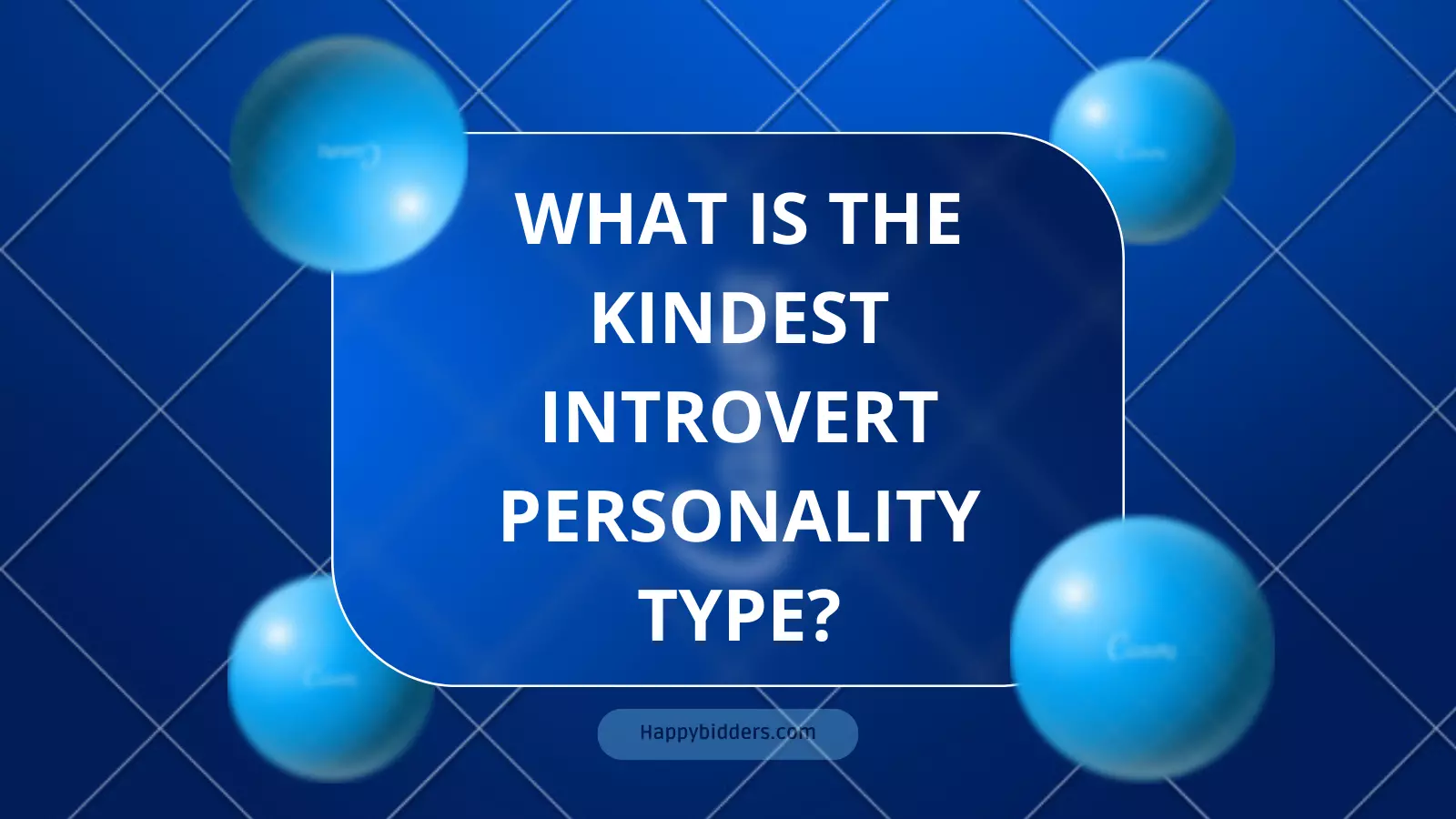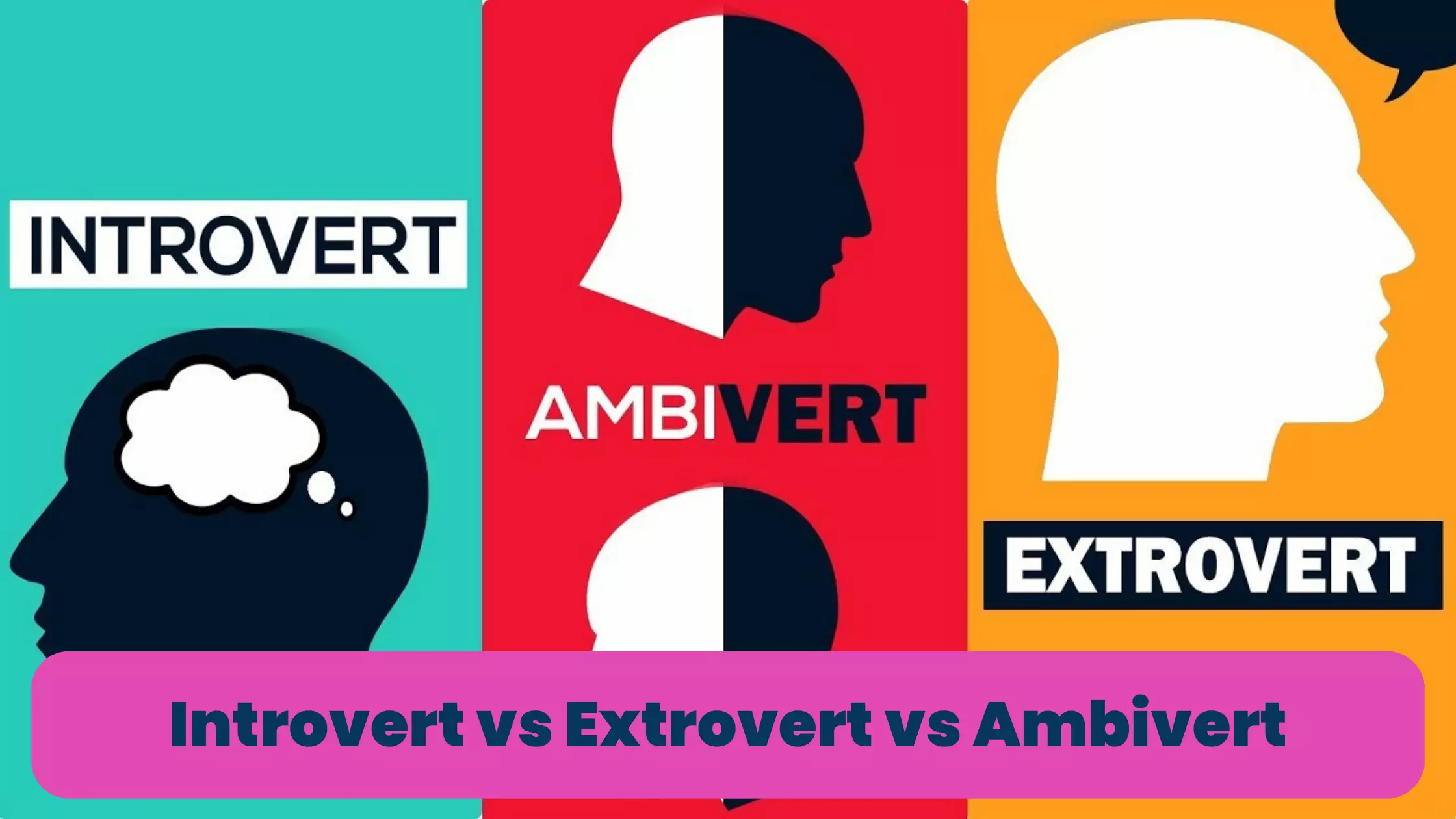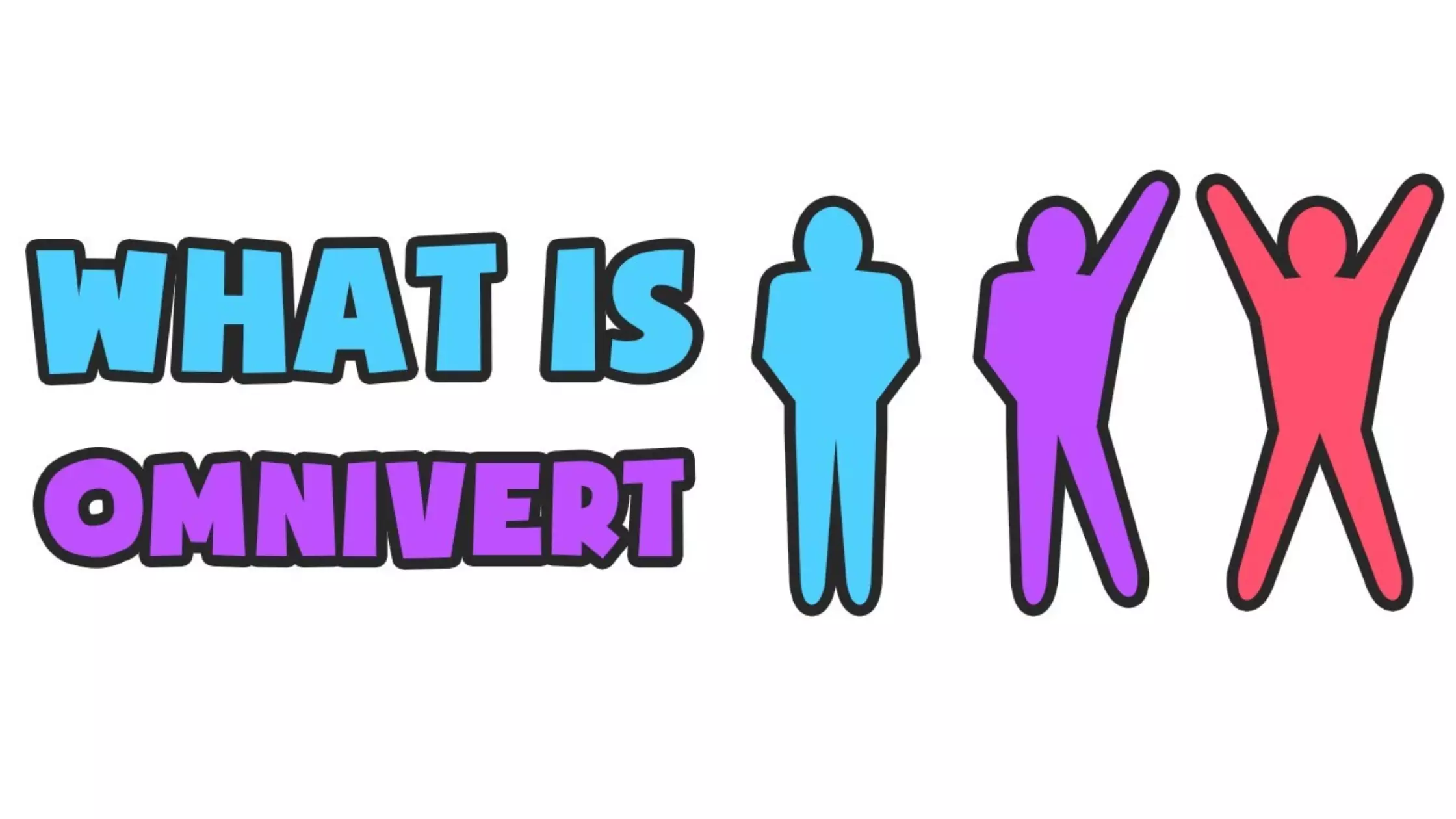Introduction
In a world that often celebrates extroverted qualities, introverts bring their unique strengths and virtues to the table. Among introverts, there exists a subgroup of individuals who possess an extraordinary capacity for kindness. In this article, we will explore the kindest introvert personality type, delving into their characteristics, dispelling common misconceptions, and understanding the benefits of kindness within introvert personality types.
Understanding Introvert Personality Types
1. Definition of Introvert Personality
Before we dive into the kindest introvert personality type, let’s clarify what it means to be an introvert. Introverts are individuals who gain energy from solitude and internal reflection. They often thrive in quieter, more peaceful environments and may find social interactions draining. Unlike extroverts, who draw energy from socializing, introverts require time alone to recharge and rejuvenate.
2. Types of Introvert Personalities
Within the realm of introverts, various personality types exist. While each type possesses unique traits, there is a subset of introverts known for their exceptional kindness. These individuals exhibit qualities that emphasize empathy, compassion, active listening, thoughtfulness, and sensitivity.
Characteristics of the Kindest Introvert Personality Type
1. Empathy
Empathy is the ability to understand and share the feelings of others. The kindest introvert personality types have a remarkable capacity for empathy, often placing themselves in others’ shoes and offering genuine support.
2. Compassion
Compassion goes hand in hand with empathy. Kind introverts show deep compassion towards others, demonstrating understanding, care, and a willingness to alleviate suffering.
3. Active Listening
Active listening is a crucial skill possessed by the kindest introverted personality types. They attentively listen to others, giving their undivided attention and validating their feelings. This creates a safe space for open communication and fosters stronger connections.
4. Thoughtfulness
Thoughtfulness is a hallmark trait of kind introverts. They naturally consider the needs and feelings of those around them, going out of their way to ensure others’ comfort and well-being.
5. Sensitivity
Kind introverts are highly attuned to the emotions of others. Their sensitivity allows them to offer support and comfort when needed, creating a nurturing environment for those around them.
Common Misconceptions about Introverts
Introverts are often misunderstood due to various misconceptions. It is important to dispel these misconceptions to truly appreciate the kind introvert personality type.
Frequently Asked Questions (FAQs)
1. What are the signs of an introvert?
Some common signs of introversion include a preference for solitude, a tendency to think before speaking, deep introspection, and a need for quiet and calm environments.
2. Can introverts be kinder than extroverts?
Kindness is not limited to any particular personality type. Both introverts and extroverts have the capacity to be kind, albeit in different ways.
3. Are introverts good listeners?
Yes, introverts are often excellent listeners. Their inclination to reflect and internalize information makes them attentive and empathetic listeners.
4. Do introverts prefer small gatherings?
Introverts generally feel more comfortable in small, intimate gatherings where they can engage in meaningful conversations and establish deeper connections.
5. How can introverts show kindness?
Introverts can show kindness through acts of service, listening attentively, offering emotional support, and providing thoughtful gestures that make a positive impact on others’ lives.
6. Can introverts be assertive?
Yes, introverts can be assertive when necessary. Although they may be more reserved by nature, introverts can assert their opinions and boundaries when the situation calls for it.
7. Are introverts more prone to loneliness?
Introverts may enjoy solitude, but it doesn’t necessarily mean they are prone to loneliness. Introverts find solace in their own company and often have a smaller circle of close friends.
8. Do introverts have fewer friends?
Introverts tend to have a smaller circle of close friends but can develop deep and meaningful connections with them. Quality over quantity is paramount for introverts.
9. Can introverts be leaders?
Absolutely! Introverts possess valuable leadership qualities such as thoughtfulness, active listening, and empathy, which can make them effective leaders in various domains.
10. Are introverts shy?
While introverts may display shy tendencies, not all introverts are inherently shy. Shyness and introversion are separate characteristics, although they can sometimes overlap.
The Benefits of Kindness in Introvert Personality Types
1. Strengthening Relationships
Kindness plays a vital role in building and strengthening relationships. The kindest introvert personality types create meaningful connections based on trust, respect, and empathy.
2. Positive Impact on Mental Health
Expressing kindness can have a positive impact on an introvert’s mental well-being. Acts of kindness release endorphins and boost self-esteem, contributing to overall happiness and contentment.
3. Cultivating Empathy
Kindness fosters empathy within introvert personality types. By understanding the experiences and emotions of others, introverts can develop a deeper sense of empathy and forge stronger connections.
4. Fostering a Sense of Belonging
Kindness helps introverts create a sense of belonging within their communities. By showing kindness and compassion, introverts contribute to the overall well-being of their social circles.
5. Promoting Positive Change
Kind introverts often inspire others through their acts of kindness. By leading by example, they can initiate positive change in their communities and inspire others to follow suit.
Practical Tips for Nurturing Kindness as an Introvert
1. Practice Self-Reflection
Engaging in self-reflection allows introverts to understand their own needs and emotions better. By cultivating self-awareness, introverts can extend kindness towards themselves and others.
2. Express Kindness in Small Gestures
Kind introverts can express their kindness through small gestures such as offering a listening ear, writing heartfelt notes, or performing acts of service that make a significant impact.
3. Volunteer and Help Others
Engaging in volunteer work or helping others in need provides introverts with meaningful opportunities to contribute to their communities and make a positive difference.
4. Engage in Active Listening
Active listening is a powerful tool for introverts to show kindness. By genuinely listening to others without interruption or judgment, introverts create an environment of empathy and understanding.
5. Cultivate Empathy Toward Others
Kindness and empathy go hand in hand. By actively cultivating empathy towards others, introverts can deepen their connections and promote a more compassionate society.
Conclusion
In conclusion, the kindest introvert personality type possesses unique qualities that make them exceptional in their capacity for kindness. Empathy, compassion, active listening, thoughtfulness, and sensitivity are some of the key characteristics they exhibit. By dispelling common misconceptions and understanding the benefits of kindness within introvert personality types, we can appreciate the invaluable contributions of kind introverts in our lives and communities.







